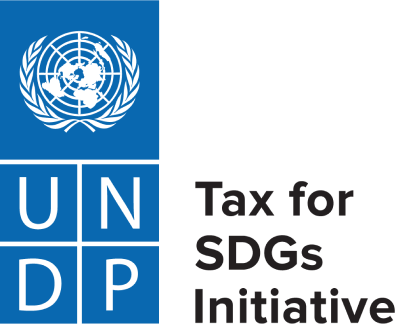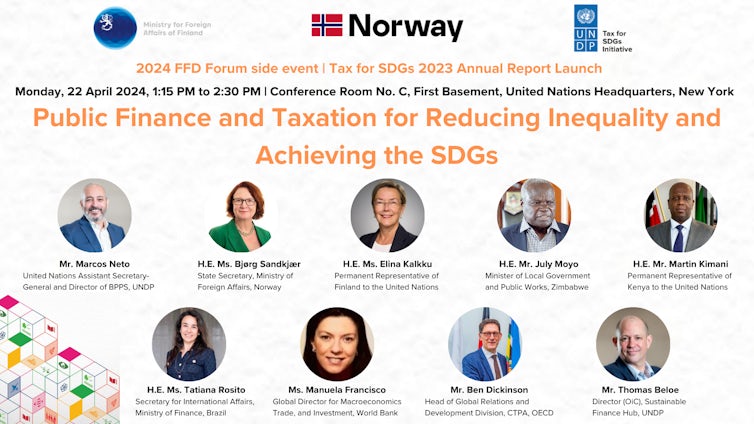In recent years, the world economy has encountered notable hurdles, marked by unprecedented monetary tightening, geopolitical tensions, and a fragile post-pandemic recovery. While advanced economies are preparing for a soft landing in 2024, developing economies are struggling. Credit rating downgrades, debt servicing at record levels, and lack of access to new development and climate financing, are making even the lowest threshold of multilateral action - "protecting the poor and vulnerable during crises" - hard, if not impossible, to achieve. The existing inequality has also been exacerbated - after two decades of steady decline.
To achieve the 2030 Agenda, address inequality, and manage public debt, strategic public finance management, tax policies, budgeting, expenditure management, and fiscal policies are crucial. By enhancing tax systems, optimizing budgets, improving expenditure efficiency, and managing debt sustainably, governments can redistribute wealth, maintain fiscal stability, and channel resources towards key SDG areas, such as gender equality, climate, well-being, and good governance.
This event aims to discuss the role of public finance, taxation, budgeting, and expenditure management in reducing rising inequality, managing debt, and catalyzing SDG achievements. It will explore synergies between tax policies, national budgets, expenditure strategies, and debt management to accelerate progress, emphasizing transparency, accountability, and public participation. Co-organized by the Governments of Finland and Norway and the UNDP, this event will bring insights from governments, international organizations, academia and civil society. The 2023 Annual Report of the Tax for SDGs Initiative will also be launched.




